Why we love the smell of rain

There's nothing like the smell associated with rain on a crisp day.
If you enjoy the smell and wonder why it is so appealing, there is a good reason for it.
But the aroma isn't from the rain itself, technically.
It's an odour that results primarily from a chemical called geosmin, according to Sahil Bhandari, air quality scientist and lead author on multiple publications associated with a community science project called Smell Vancouver.
"When people say, 'the smell of rain,' people usually mean after [the] rain. What that means is the raindrops fall, [are] falling or have fallen on the soil," said Bhandari, in a recent interview with The Weather Network.
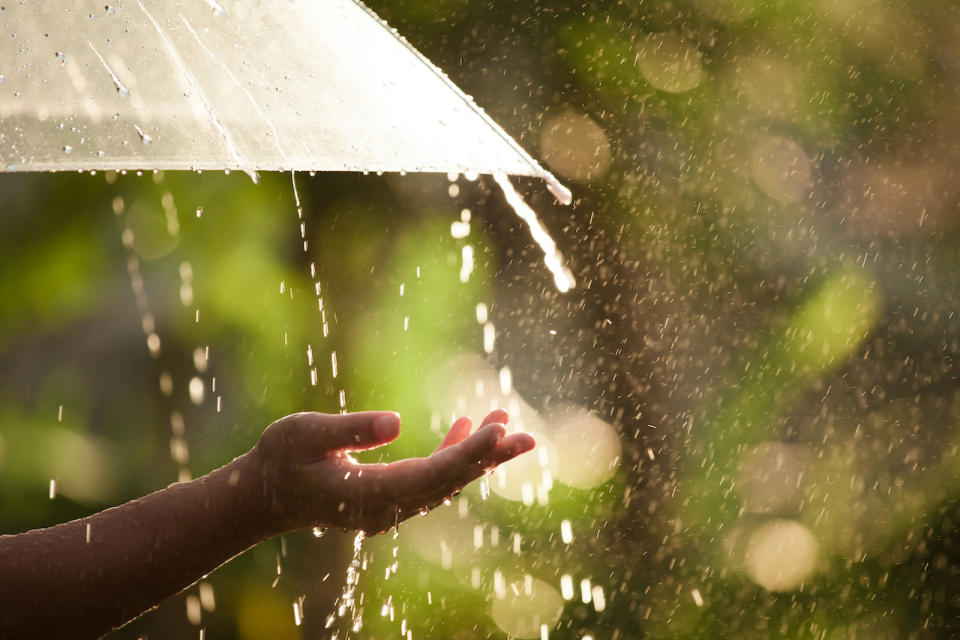
(Getty Images-691761646)
SEE ALSO: Fresh air has long been seen as healthy, even when we didn't understand why
Smell can arise even before it rains, can generate other odours
Geosmin is a very specific molecule, a compound that's released by micro-organisms in the soil, mostly from bacteria, he noted.
In some instances, people can pick up on the smell even before it starts to rain.
"That's because there might be some lightning or thunderstorms in that area. When that happens, a lot of ozone is produced, which has a fresh smell, like a clean-room smell," said Bhandari.
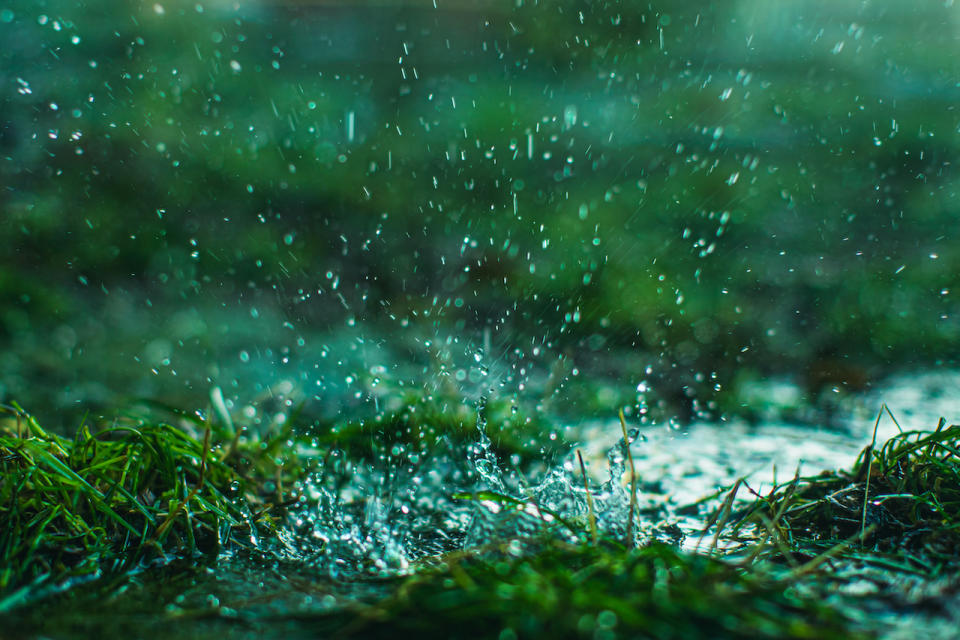
(Getty Images-1455034973)
Rainfall can help to elicit other smells in the surrounding environment, particularly plants.
According to Bhandari, plants can secrete unique smells when rained on. However, we don't have the tools to separate the two smells so we end up sniffing a cocktail of many odours.
"There's a very interesting evolutionary process for them, as well. When they release that smell, it's actually close to the end of their own life cycle, and they're just about to reproduce through sporulation," said Bhandari.
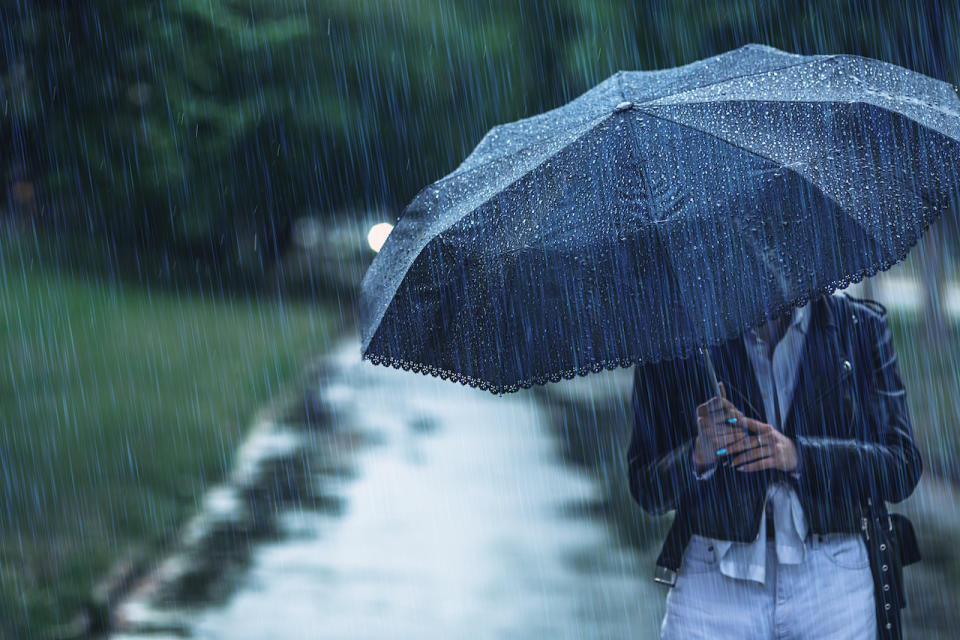
(Getty Images-1476190237)
Animals, too, enjoy the aroma
It isn't just the humans that are interested in the odour. "There [are] a lot of animals that get attracted to the smell of rain," said Bhandari.
Animals are attracted to the aroma associated with the rain since it is an indication of food sources nearby, he explained.
Some of them are also a part of the life cycle in the soil ecosystem where they go to the source of the smell, they consume it, and then they "excrete it at some other location."
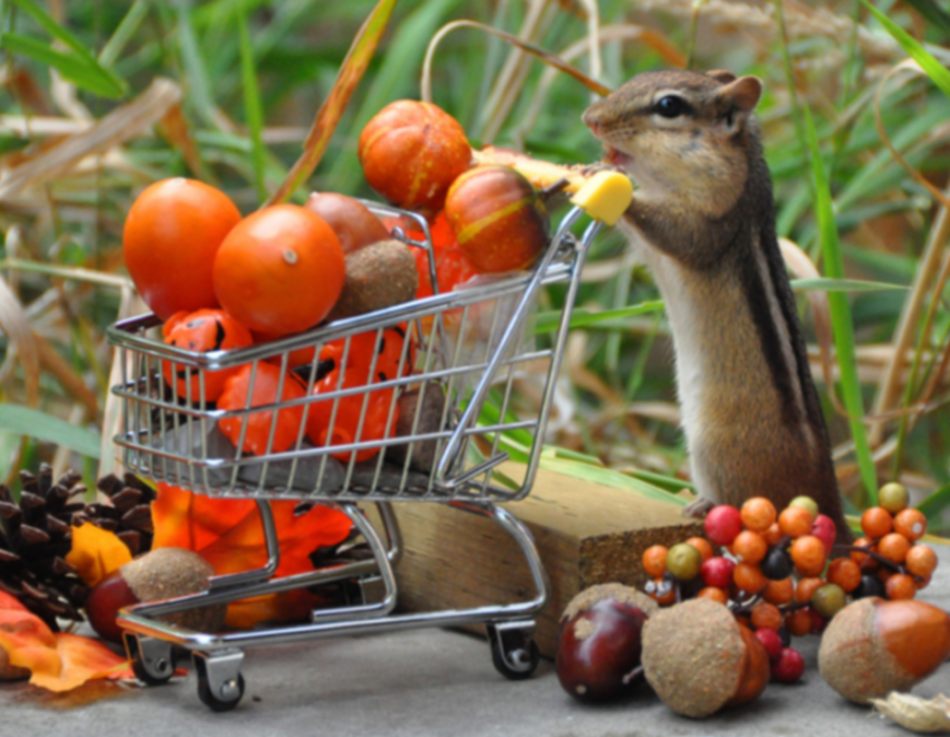
(Teresa Glover/Submitted to The Weather Network)
"[There are] very, very interesting life cycles getting intersected with each other. I think these organisms are primarily like arthropods. [There are] also very tiny creatures that sort of walk in the soil," said Bhandari.
Health risks from smelling geosmin?
Suspended geosmin in the air after rain is either in the form of a volatile, organic compound (gas) or as a suspended aerosol (particle), according to Bhandari.
While that may sound ominous, you can scratch it off your list of potential health concerns.
"At high concentrations, it is likely harmful to humans as most chemicals are. But, it is safe to assume that the concentrations are not very high after rain," said Bhandari. "Typically, industrial odours out of perfumeries would be something I would be more concerned about."
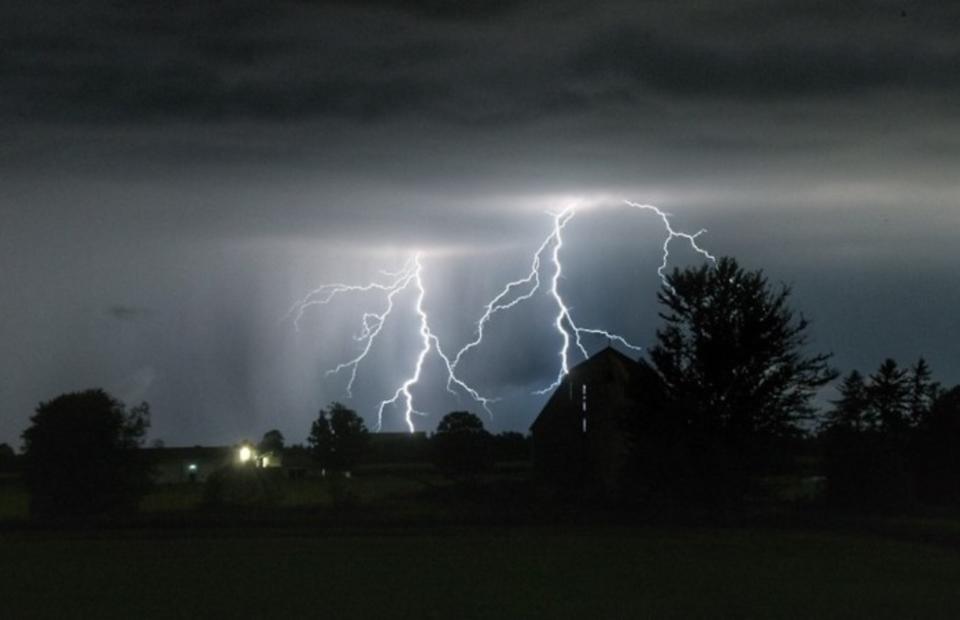
(Mark Robinson/The Weather Network)
The smell of rain that arises before a rainfall is likely associated with the ozone emitted from lightning and thunderstorms, which can lead to some health issues for certain age groups, Bhandari pointed out.
"That can, but may not always, rise to levels that cause lung irritation to some age groups, particularly children and older populations," said Bhandari.
Smell Vancouver and importance of odours
The project Bhandari is involved with, Smell Vancouver, is a public web application designed to track reports of odours throughout Metro Vancouver.
Smell is a "very understudied subject," despite how evolved it is from our current knowledge of it, Bhandari said.
"Smell is actually the one [sense] that's most evolved. We can detect a ridiculously large number of smells on the order of like billions or trillions of smells," said Bhandari.
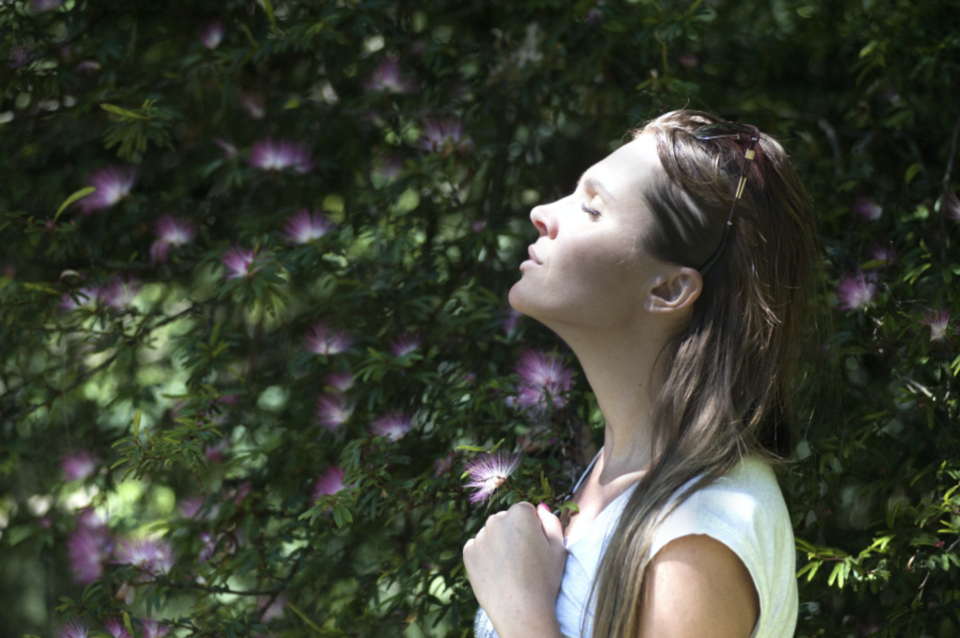
(Pexels/Oleksandr Pidvalny)
He said we "need to understand" smell was developed for a purpose and that it is good for us from an evolutionary perspective, whether that is to detect rotting food or odours associated with threats to human life.
"Whenever we think of rain, for example, most people would associate it with a sense of relief. Finally, the dry spell is over [and] I can relax. Now I can go out," said Bhandari.
"Evolution sort of drives these tendencies in and uses the sense of smell to sort of make its point.”
WATCH: Does your laundry actually smell better when dried outside?
Thumbnail courtesy of Getty Images-1083443156.
Follow Nathan Howes on the X platform, formerly known as Twitter.


